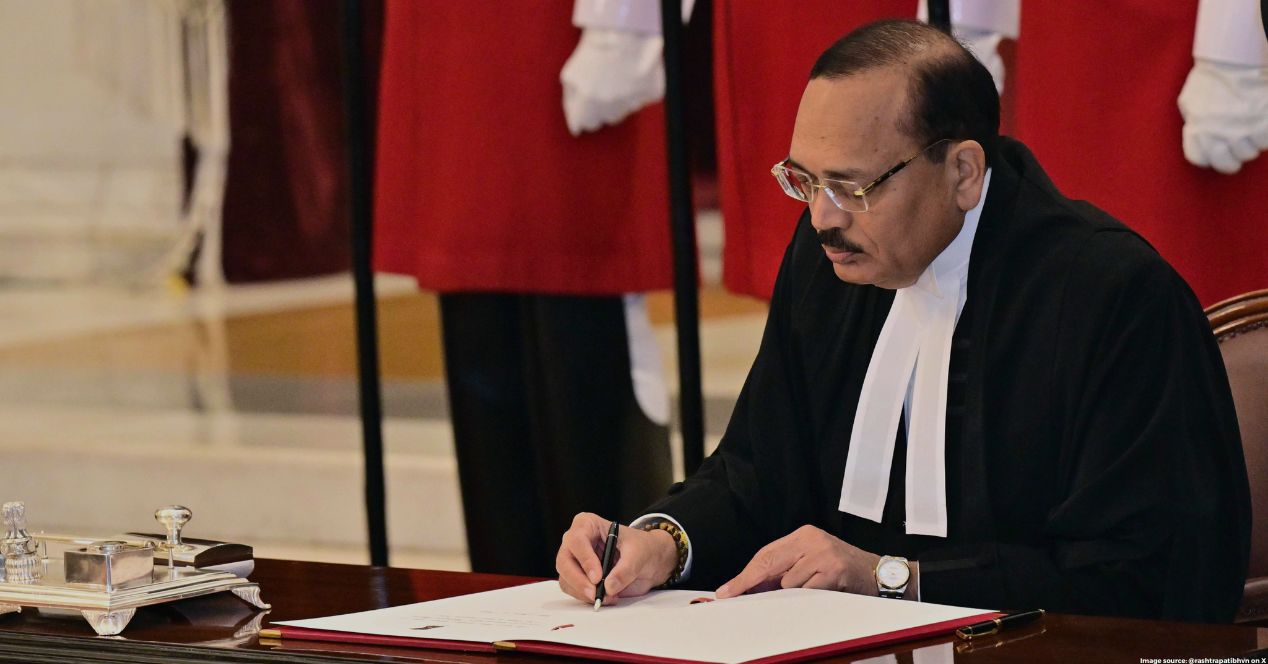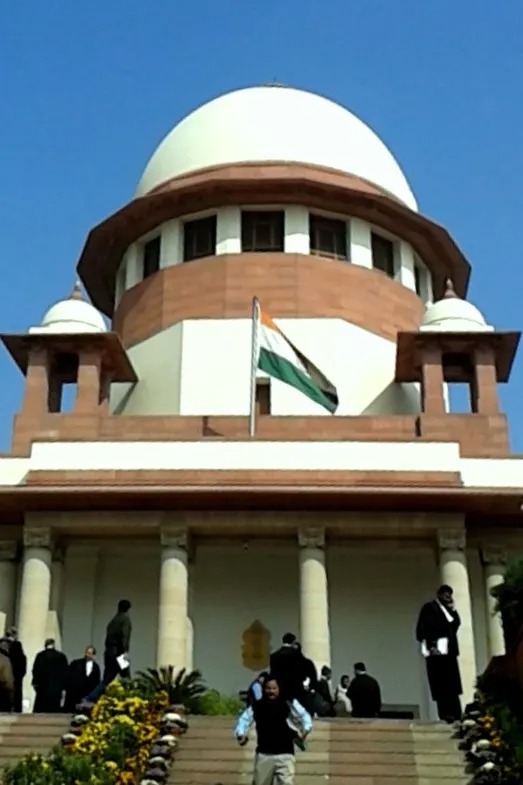John Edge, C.J and Blair, J.@mdashThe plaintiffs brought the suit in which this appeal has arisen in effect to set aside the proceedings of an Assistant Collector in the partition of a mahal, and to have it declared that a sale-deed which was executed by some of the defendants of the lands which they obtained on partition was void, the plaintiffs alleging that those particular lands belonged to them. The partition proceedings were duly instituted under Act No. XIX of 1873. On receipt of the application for partition the Assistant Collector duly proceeded u/s 111 of that Act, and the notice required by that section was duly issued. The plaintiffs'' case is that they filed objections to the partition, alleging title in themselves, and no title in certain of the other persons who were recorded as share-holders or as having interests in the mahal, and that no notice was taken of their objections, but that the Assistant Collector went on and made the partition, allotting to certain of these defendants lands of the plaintiffs, these defendants having no title. The sale-deed in question was one relating to these particular lands. The first Court dismissed the suit on the ground that it was barred by Section 241 of the Act No. XIX of 1873. The Court of First Appeal, misunderstanding the decision of this Court in Nasratullah v. Majib-ullah ILR 13 All. 309, and not having regard to some material sections in the Act to be considered, set aside the decree of the first Court and made an order of remand u/s 562 of the Code of Civil Procedure. From that order of remand this appeal has been brought by the defendants.
2. The procedure provided by Section 113 of Act No. XIX of 1873 does not become obligatory on a Collector or an Assistant Collector in partition proceedings unless an objection to the partition has been made by a co-sharer in possession, and unless such objection was made before the day specified in the notice which the Collector or Assistant Collector is bound to issue u/s 111, and not even then unless such objection raises a question of title. The only evidence on the record which has been brought to our attention showing that any objection to the partition was taken by the plaintiffs is a reference to that subject in the rubkar of the Assistant Collector finally dealing with the partition proceedings. It appears from that rubkar that no objection of any kind was made to the partition proceedings before the day specified in the notice which was issued u/s 111. Consequently, upon the evidence on the record, the proceedings of the Assistant Collector were in compliance with law, and Section 113 of Act No. XIX of 1873 never came into application. When Section 113 of Act No. XIX of 1873 does not come into application in partition proceedings, Section 241 of that Act prohibits the Civil Courts from exercising any jurisdiction in the matter of the distribution of the land or the allotment of the mahal by partition. Consequently, on the evidence upon the record this suit could not be maintained so far as a claim to interfere with the distribution of the land in the partition is concerned, and it follows that if a Civil Court could not alter that distribution of the land, it could not entertain a suit so far as it sought to set aside the deed of sale of land allotted in the partition to the parties who made the deed.
3. Mr. Gulzari Lal on behalf of the plaintiffs respondents has asked to be allowed time to produce evidence that the plaintiffs did in fact make an objection raising a question of title, and that such objection was made before the day specified in the notice issued u/s 111 of the Act. It appears to us that, in face of the rubkar of the Assistant Collector, it would be mere waste of time to adjourn this case for any such purpose, and further, it is not when a case comes before a Court of Second Appeal that a plaintiff is for the first time to begin to think about the evidence, if it exists, necessary to prove his claim. Litigation would never come to an end if we were to accede to such an application as that which is now made.
4. The Court of first appeal should have dismissed the appeal to it. We allow this appeal with costs, and, setting aside the order of remand, we dismiss with costs the appeal to the Lower Appellate Court and restore and affirm the decree of the Court of First Instance dismissing the suit with costs.

